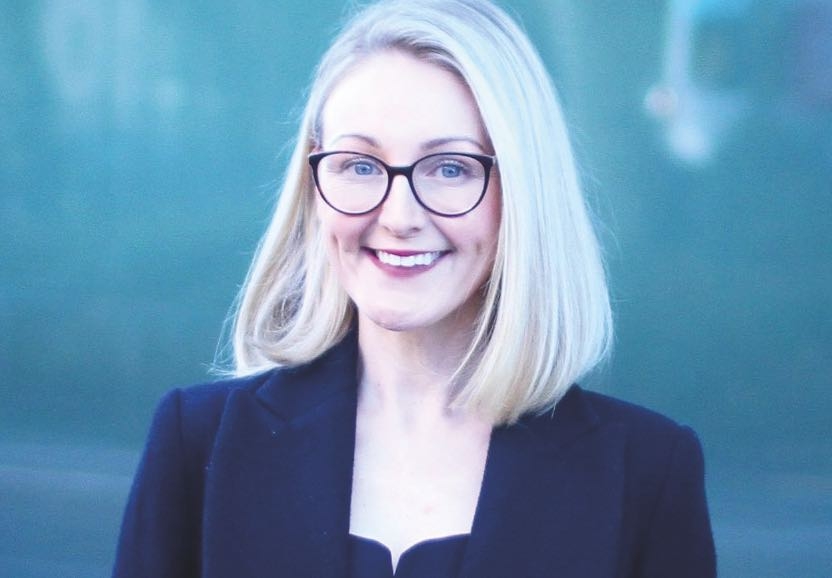A retired couple - and their decumulation strategy - were left in limbo when their adviser moved to the other side of the country but were rescued by a Chartered Financial Planner.
The couple decided to sell their limousine business with the impending arrival of Uber and were left with a decent retirement pot and a comfortable income. Their long term financial adviser had put in place a decumulation plan but he moved away and they ‘failed to hit it off’ with his firm. Their plan drifted and soon fell in to disarray. They had lost confidence in the decumulation strategy.
They got in touch with Sian Thomas FPFS of Hargreaves Lansdown to sort out the mess and she set to work rebuilding and restructuring their decumulation strategy and putting the couple back on track. She helped restore their confidence in Financial Planning and writes about the challenges of this real life case in the latest issue of Financial Planning Today magazine (click here to read) in the popular Planner Casebook section.
This was her brief:
“Casebook Brief: David and Theresa are retired having sold their prestige taxi, limousine and chauffeur business a few years ago. David describes the timing as “accidentally perfect” now that the likes of Uber are in town, and both he and Theresa are pleased that they no longer work long hours and at weekends.
Through much of the latter part of their working lives they worked with a local financial adviser who had helped them with their retirement planning and the investment of the sale proceeds of the business. Shortly after they retired, their adviser moved to the other side of the country and David and Theresa never quite hit it off with the firm who took over, so they have felt a little in limbo for some time. They had lost confidence in their current plans.
David and Theresa liked the idea of having greater oversight and visibility of their financial affairs and to ensure their investments and pensions were on track and managed more effectively going forward.
David and Theresa enjoy a comfortable retirement with state pensions in payment, drawing some income from part of David’s pension and also making withdrawals from an Aegon offshore investment bond. Their income requirements of £5,000 a month have been mostly met by withdrawals from this bond.
Their stocks and shares ISA portfolios have around £250,000 accumulated. Their cash deposits of around £100,000 were also sheltered in an ISA and, while their estate is valued significantly over the nil rate band, estate planning is of little concern to them. Both David and Theresa’s wills direct their assets to each other upon death and then, after a few small legacies, the balance is passed to their two grown-up children.
When they sold their business in 2008, they used the after tax proceeds to settle their mortgage, top up their pensions and ISAs and then invest the balance in an Aegon offshore investment bond.
This bond portfolio is invested largely for growth and the withdrawals had taken the account overdrawn by some £50,000. They were being charged 3% interest on a significant overdrawn balance. David and Theresa found this confusing since the Aegon bond portfolio was worth over £1m. The original strategy was to invest the bond funds for growth and to sell stock periodically in order to fund the withdrawals of approximately £5,000 per month. However, these sales were not being made…”
Find out what happened next and how Ms Thomas put together a better decumulation plan for them in the current issue of Financial Planning Today:


